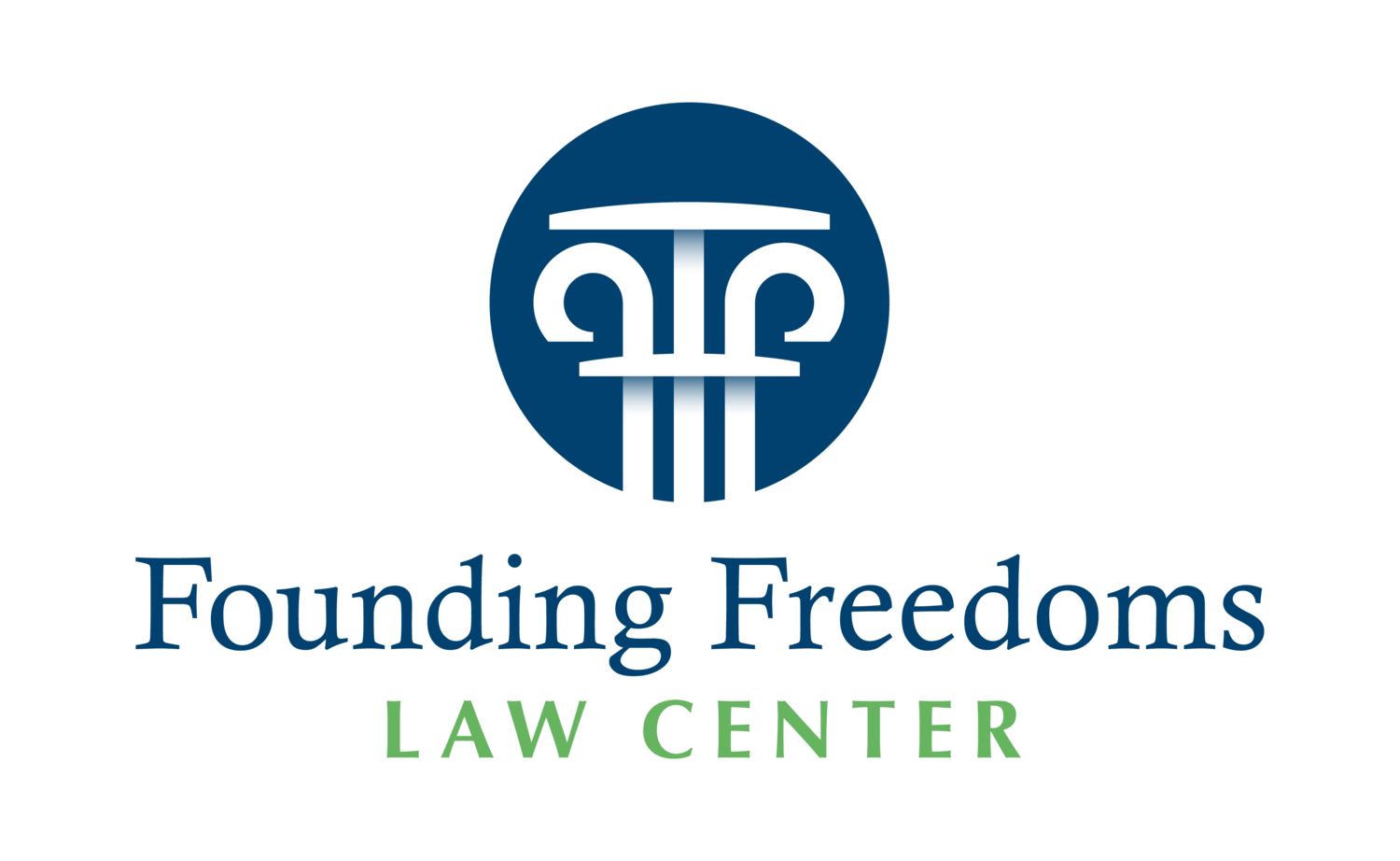Gender Ideology and The Courts: A Breaking Point
It’s no secret that gender ideology has been infiltrating every facet of our lives in recent years. Lately, the courts have been plagued with cases that deal with the subjective nature of gender ideology as it comes to direct blows with our fundamental rights of free speech and religious liberty. Yet, to date, the U.S. Supreme Court has escaped opining on these issues, aside from its disappointing ruling in Bostock v. Clayton County, Georgia, 140 S. Ct. 1731 (2020), which treated the protected class of sex, relevant to employment discrimination cases, as being applicable to claims of discrimination made based on sexual orientation and gender identity.
However, recently there have been multiple lower court cases heard on this issue; two notable ones being from Virginia. Grimm v. Gloucester, 972 F.3d 586 (4th Cir. 2020), which addressed the bathroom issue, and Vlaming v. West Point School Board, now before the Virginia Supreme Court regarding a teacher’s “failure” to use “preferred” pronouns. These cases are only two among many nationwide, all resulting in a myriad of rulings. However, the federal circuit courts recently split on the issue.
In the free state of Florida, the 11th Circuit Court ruled against a biological female’s use of the boys’ bathroom under the guise of “transgenderism” in Adams v. St. Johns County Board of Education, 57 F. 4th 791 (11th Cir. 2022). This case is nearly identical to our own Grimm in the 4th Circuit, but with a polar opposite ruling. The circuit split is rather dramatic and will likely beckon the Supreme Court to resolve it. While the different circuits are welcome to their own opinions and are not married to the opinion of another circuit court, they frequently are swayed and influenced by each other. And now with a more conservative majority on the bench, there’s a spark of hope that the Court can positively clarify the effect of its Bostock ruling.
The 11th Circuit case offers hope to Virginians and all Americans for various reasons. The 11th Circuit rejected the false notion that the term sex in federal anti-discrimination law should be redefined to include transgenderism. It rejected the idea that Bostock restricted how Title IX education cases should be decided, and relied instead on the intent of the statute when written and nearly every dictionary definition of sex. This case represents that objective truth and biological fact are not completely lost in the judicial system of this country.
The rise in gender ideology in our schools, workplace, and everyday life has forced many to turn to the courts for help. As the issue continues to escalate, judges are forced to either accept or deny the false reality of transgenderism. Yet the 11th Circuit took a bold move against the woke mob in classic Florida fashion and rejected the idea that sex should be redefined to include gender identity, giving hope to Americans in other circuits. There remains a fighting chance for objective truth in our courts.
